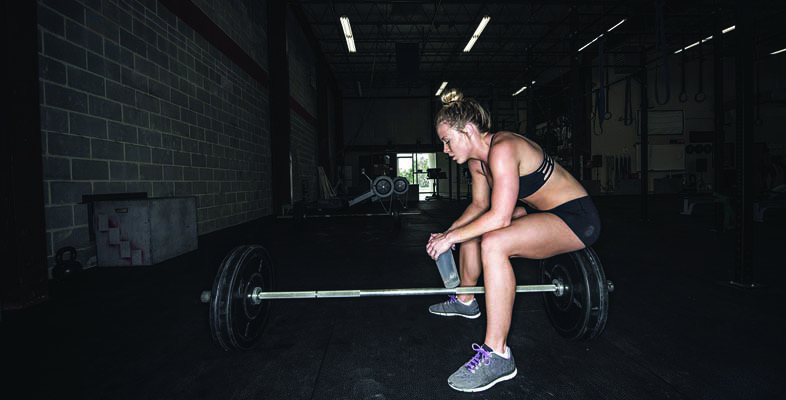5 Investigating recovery
Having gained knowledge of why recovery is so important and having examined some of the research looking at recovery, we will now consider factors important to investigating recovery.
Most research stems from a question that needs an answer. You may have already started to think about questions related to recovery strategies that you would like to know the answer to. Obviously at this stage your knowledge of recovery is relatively limited and there may already be research out there to answer your question that you haven’t had the chance to discover yet, but equally that research may not exist and may therefore be a ‘future direction’ for research in that area.
Undertaking research to investigate the effectiveness of recovery strategies can be challenging as there are potentially lots of different variables that need to be accounted for. In the next activity we will look at some of these challenges and some of the limitations of research examining recovery.
Activity 4 The challenges of investigating recovery
Imagine you have developed a new recovery strategy that you would like to test (e.g. a piece of equipment that you believe speeds up recovery between sessions). What challenges might you face in trying to measure the effectiveness of your recovery strategy?
Comment
This is quite a difficult question to answer when you have no experience of having conducted research before, but hopefully you were able to think of some of the potential pitfalls.
One of the challenges is being able to attribute any improvement in recovery time to your recovery strategy and nothing else. Recovery time can be influenced by a multitude of factors and it can therefore be challenging to assess the impact of your recovery strategy alone. For example, if you measured the impact of the recovery strategy on 100 athletes, their rate of recovery might be influenced by, for example, what they’ve eaten as well as by the recovery strategy.
Therefore, good research studies are designed to account for this type of influence as much as possible by, for example, controlling for other factors, known as extraneous variables (e.g. making all participants eat the same food), or by having a control group that does not use the recovery strategy. When you critically review research articles you should be checking for this type of thing in the method section.
